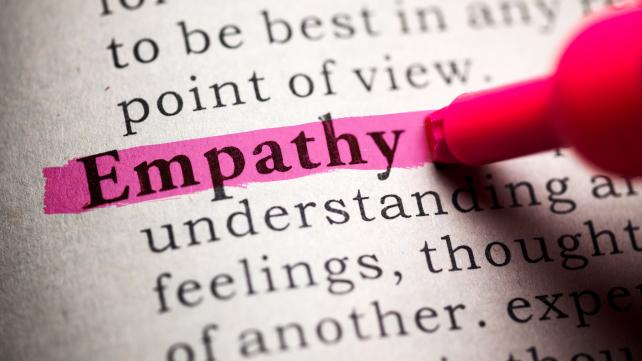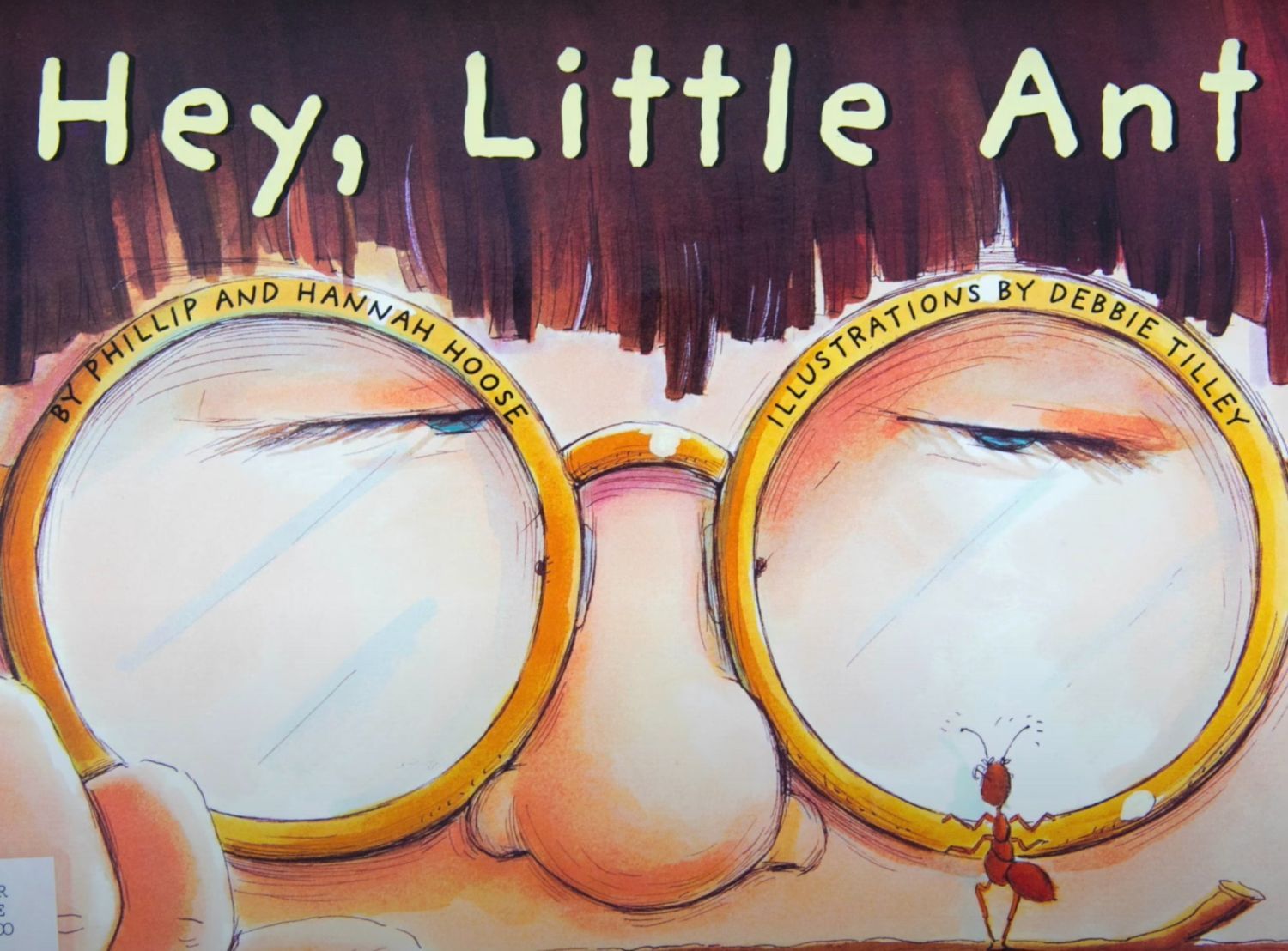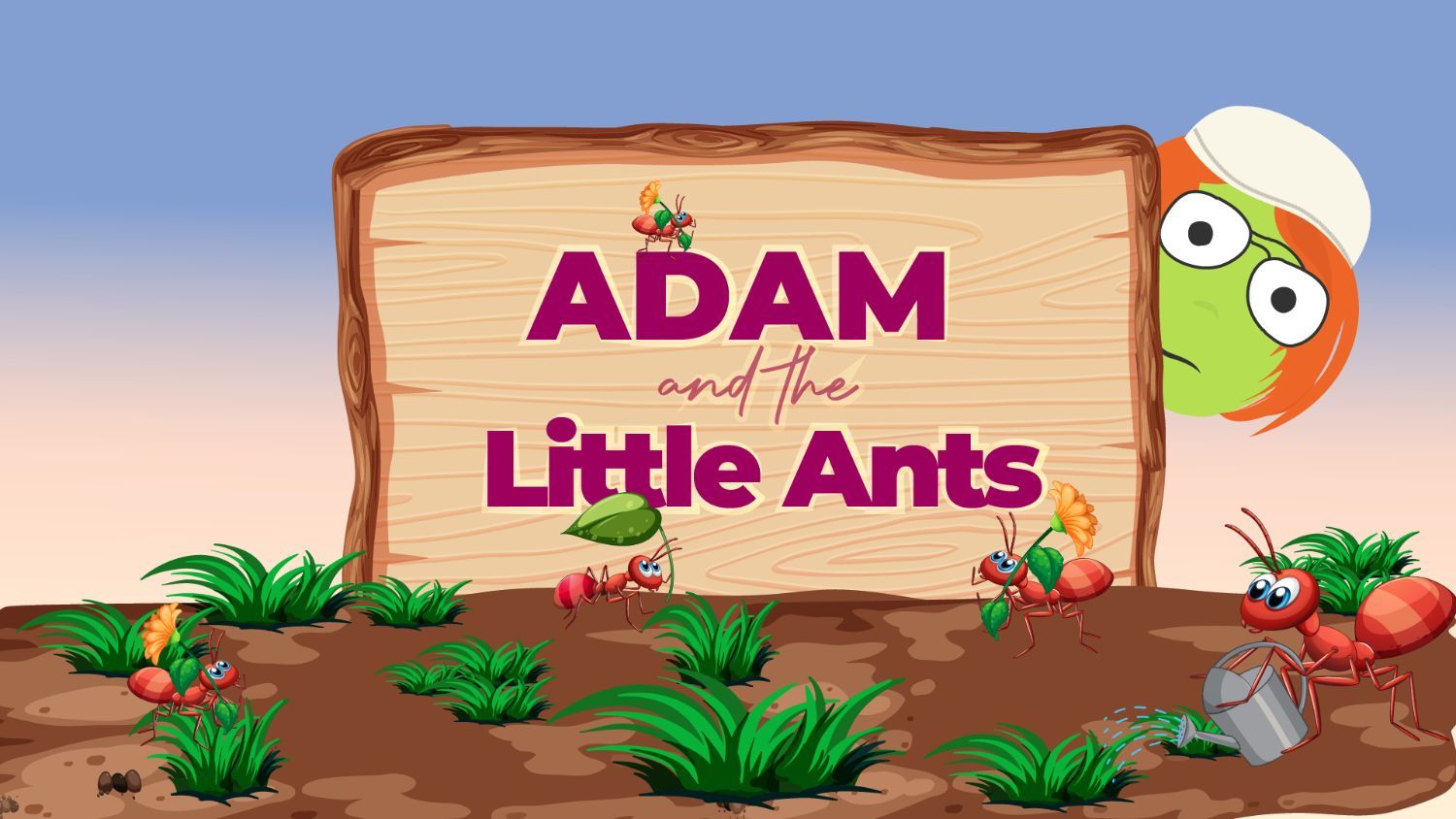|  | |  | Empathy Is a Powerful and Prophetic Value By Laura El Alam Empathy is one of the most important qualities we can practice if we wish to connect with our kids, instill Islamic values, and help them thrive in the future. The Prophet Muhammad, peace and blessings be upon him, consistently demonstrated empathy and was the perfect role model for us in innumerable ways. That was one of the reasons why he was so beloved by his companions of all ages and such an effective teacher, leader, and caller to Islam. He was very sensitive to others’ feelings, and they felt safe with and understood by him. |
| | | Parenting Tip Research suggests that empathy is on the decline for adults and children. This phenomenon can have implications far and wide for individuals and our society. Learn how to adopt strategies that help nurture empathy in our own homes and beyond. |
| |  | Reinforcing Empathy in Our Own Selves By Umm Ahmed Tons of data suggest that children who are empathetic generally are more socially and emotionally competent, resilient, academically successful, and happier. It behooves parents to help nurture these skills at an early age. But to do so, parents must be good role models of empathy themselves. Here are six ways to build your own skills in this area. - Learn to be more patient.
- Agree to disagree, peacefully.
- Honor the rights of others.
- Treat others as you would like to be treated.
- Practice actively listening.
- Steer clear of judgments and biases.
Find out more about sharpening your skills in the full article |
| | | Inspiration “Empathy has no script. There is no right way or wrong way to do it. It’s simply listening, holding space, withholding judgment, emotionally connecting, and communicating that incredibly healing message ‘you’re not alone.’” – Brene Brown, American professor and researcher, best-selling author of Rising Strong: How the Ability to Rest Transforms the Way We Live, Love, Parent, and Lead |
| |  | Nurturing Empathy in Our Teens By Wendy Díaz Teenagers often get a bad rap for being perceived as lazy, selfish, nonchalant, and detached from the real world. Despite the saturation of this stereotype, today’s youth can reach new heights - just like their pious predecessors - if given a chance and the proper tools. It all begins with prayer, education, and guidance from the village – the Muslim Ummah – starting with their parents, family, and their community. Writer Wendy Díaz looks at adolescent brain development, identifies teen role models from Islamic history, and provides seven tips to build social awareness and nurture empathy in our teens. |
| |
|
| | Islamic Guidance “O humanity! Indeed, We created you from a male and a female, and made you into peoples and tribes so that you may ˹get to˺ know one another. Surely the most noble of you in the sight of Allah is the most righteous among you. Allah is truly All-Knowing, All-Aware.” (Surah Al-Hujurat, 49:13) |
| |  | Empathy - It's a Game Changer! By Zahirah Lynn Eppard Research suggests that empathy is on a steady decline and this trend has negative implications far and wide for individuals and our society. Educational psychologist Dr. Michele Borba has offered a road map to empathy habits in her book Unselfie: Why Empathetic Kids Succeed in our All-About-Me World. This practical advice to help parents focus on developing, practicing, and living empathy is relevant for children of all ages. |
| | | Interesting Facts Here are some typical traits of a person who lacks empathy. - Being critical and judgmental
- Thinking it wouldn’t happen to them
- Calling other people “too sensitive”
- Responding in inappropriate ways
- Having trouble understanding how their behavior affects others
- Difficulty maintaining relationships
For more details, see Lack of Empathy: What it Means and How to Deal | Psych Central. |
| |  | Book Review: Hey, Little Ant! By Umm Ahmed Hey, Little Ant is an insect's-eye view into the expansive realms of the heart, where themes of empathy, responsibility, and the delicate dance of peer pressure unfurl in the breeze of a whimsical conversation between a boy and an ant. The story by the father-daughter team Phillip and Hannah Hoose, is a quick read but is filled with lessons worth exploring about consideration of other perspectives, empathy for all living things, and critical thinking and decision-making skills. |
| | | | |  | Adam's World Video: Adam and the Little Ants Adam shows his little sister ants that he captured from the backyard and, when he suggests he will not be treating them well because “they are just little ants,” she takes matters into her own hands. Aneesah reminds Adam of the lessons related to Prophet Sulaiyman (peace be upon him) and his army. The video also features the Arabic letter “qaaf” and English letter “Q” for Quran. Dawud Wharnby’s beautiful song “Animals Love Quran” also reinforces the theme of treating all creatures with love and respect. (6:19) |
| | | Check out a wide variety of courses that teach your children about Islam in a fun and engaging way! |
|  |
|
| |
|
| |  | The Sound Vision Foundation has been a trusted source of Islamic knowledge for more than 30 years. Our work with the world-renowned puppets Adam and Aneesah pioneered creative programming for Muslim children, encouraging them to learn about and love their religion. We continue to bring sound content and engaging programs that stimulate minds, touch hearts, and strive to fulfill our mission of raising better Muslims, better neighbors, and better citizens. This latest effort is designed to support and empower Muslim parents to do the same. |
| | | |
|
| |
|
|